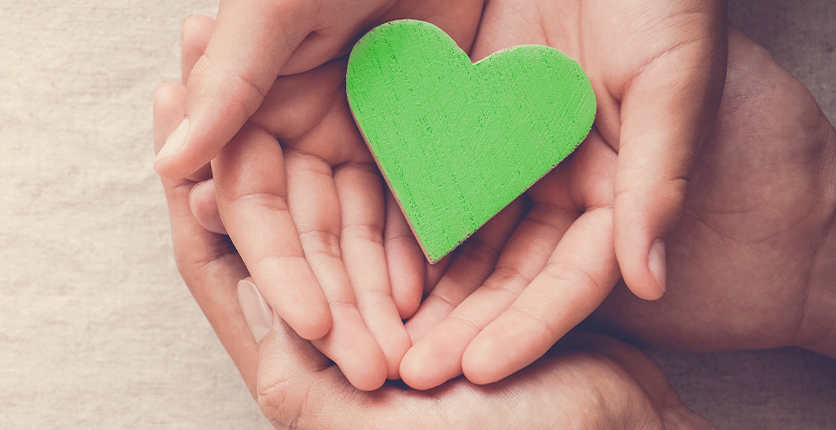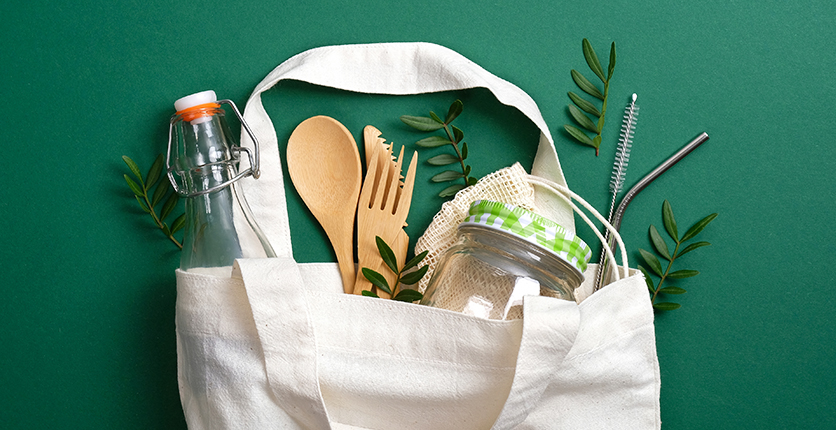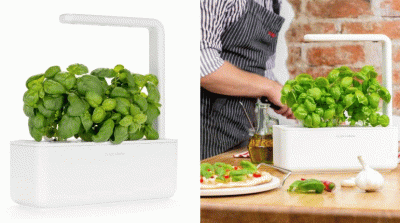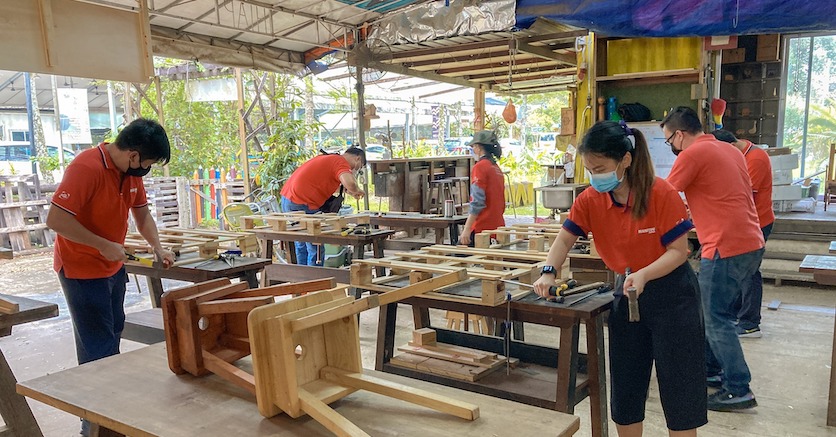Being eco-friendly doesn’t stop at using your own shopping bag and recycling where you can. Environmental activist Olivia Choong, co-founder of Green Drinks Singapore, a non-profit environment-focused society, shares other ways you can exert your consumer power to make meaningful change for the planet.

Q: Countless tonnes of food, clothes and other items are thrown out every year. How does this waste impact our ecosystem?
Olivia: Waste has serious consequences. Worldwide, one third of food produced is wasted, resulting in huge carbon emissions and accounting for 8% of global emissions. Vast areas of land are also deforested for farms to grow the food we need.
Then there’s textile waste – the clothes we throw away sit in landfill sites and take a long time to degrade. Natural fabrics will break down but synthetic ones take at least 200 years to degrade. Similarly, we need to consider the amount of water and energy required to make these clothes in the first place. When we donate clothing, only a small percentage is sent overseas, some become industrial rags, and the rest are thrown out. In Singapore, everything is incinerated. Burning these clothes creates a carbon footprint; the ashes are then shipped out to Pulau Semakau and sit in the landfill there. We only have till 2035 before we run out of space at Pulau Semakau.
Q: How can shopping local help us reduce our carbon footprint?
Olivia: “Carbon footprint” refers to the amount of greenhouse gas emissions we generate. Every action we partake in has a carbon footprint, some higher than others. The industries with the highest carbon emissions come from fossil fuels and fashion. Greenhouse gas emissions caused by human activity are said to have a direct correlation to climate change.
By shopping locally we minimise our carbon footprint because we drastically reduce the distance the product takes to get to us, thereby omitting the carbon emissions generated from ships or international airfreight. However, this can be negated if we shop for more than we need and have a disposable lifestyle, throwing things away indiscriminately.

Q: As consumers, what can we do to make a positive and meaningful change?
Olivia: Adopting a green mindset is important. This means buying only what you need. You can also join a community like Journey to Zero Waste in Singapore to get tips for living a low-impact lifestyle.
When buying clothes…
Avoid synthetic fabrics and fast fashion brands. Choose quality items that will last you for years and go for natural fabrics and sustainable brands. You can also buy second-hand clothes, swap items you no longer wear or repair or repurpose old clothing.
When buying fresh produce…
Locally grown or farmed is best. Also, meat is a huge contributor to greenhouse gas emissions, so you may wish to reduce your meat intake or cut out meat altogether, even if it’s just for one day a week.
Instead of buying new bottles of toiletries…
Use soap bars or refill empty bottles at a refillery or zero-waste store. And instead of single-use razors, purchase one that requires you to only replace the blade.
Q: We Singaporeans love our gadgets. What can we do to minimise electronic waste (e-waste)?
Olivia: It’s tempting to want to upgrade your phone or laptop, but Singapore generates 60,000 tonnes of e-waste a year (equivalent to 70 mobile phones per person). Precious natural resources are often mined to make gadgets and these aren’t always recovered. I recommend buying second-hand phones and laptops where possible or getting your old ones repaired rather than replacing them with new ones. If you no longer wish to use your gadget, drop it off at an e-waste collection point or recycling facility, or recirculate it into the community by donating it to a company like Engineering Good, which refurbishes laptops and gives them to children from low-income households for home-based learning.

Q: Besides eco-friendly stores, what other “green” places can we shop at?
Olivia: Second-hand bookstores are great for reading material – you can buy used books for next to nothing or trade your old books. If you don’t mind pre-loved fashion, visit thrift stores. There’s also a free sharing app called Olio that lets you pick up and give away items that you no longer use – you can even get sourdough starter for free. Finally, if you like plants, look up Plant Swap Singapore on Facebook, which lets you organise a private plant exchange.
Share your “shop green” tips with us at magnsman@sph.com.sg!









